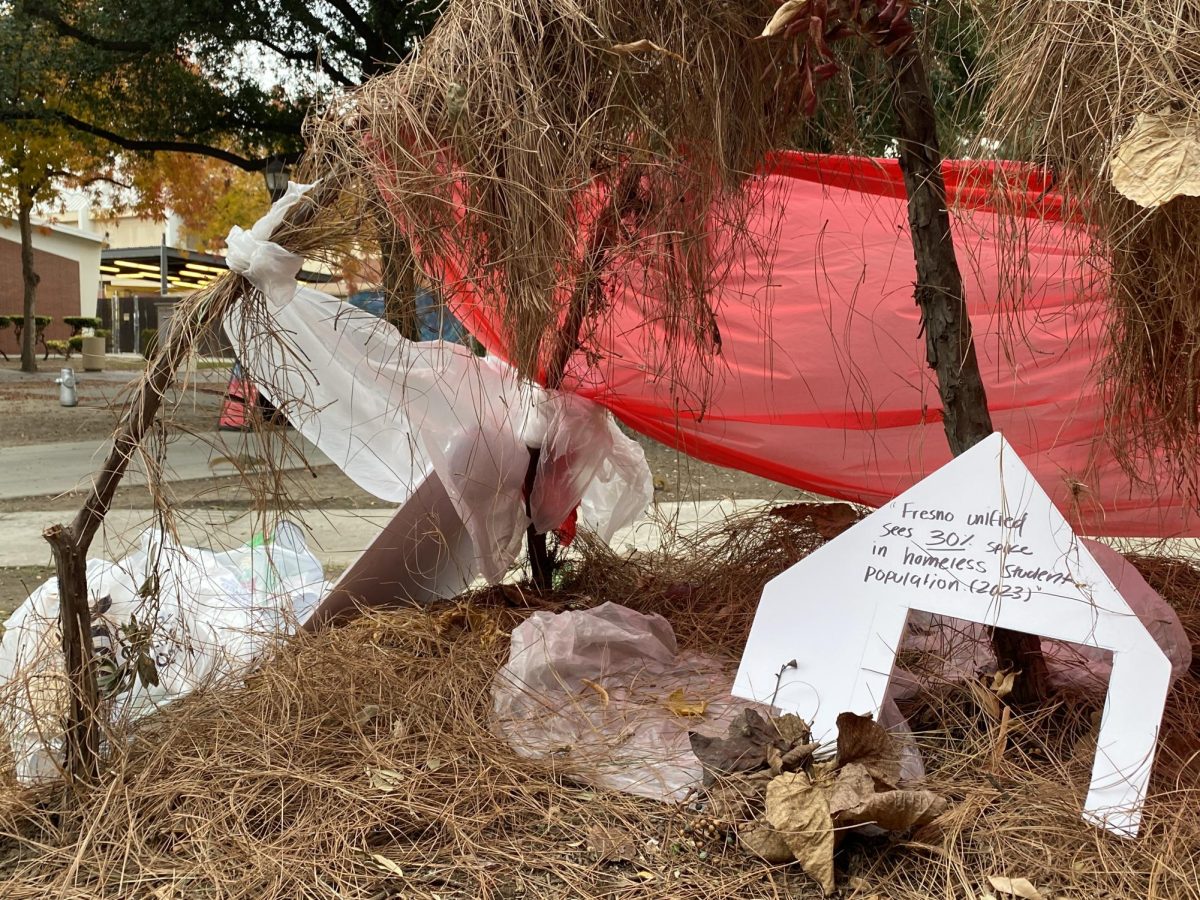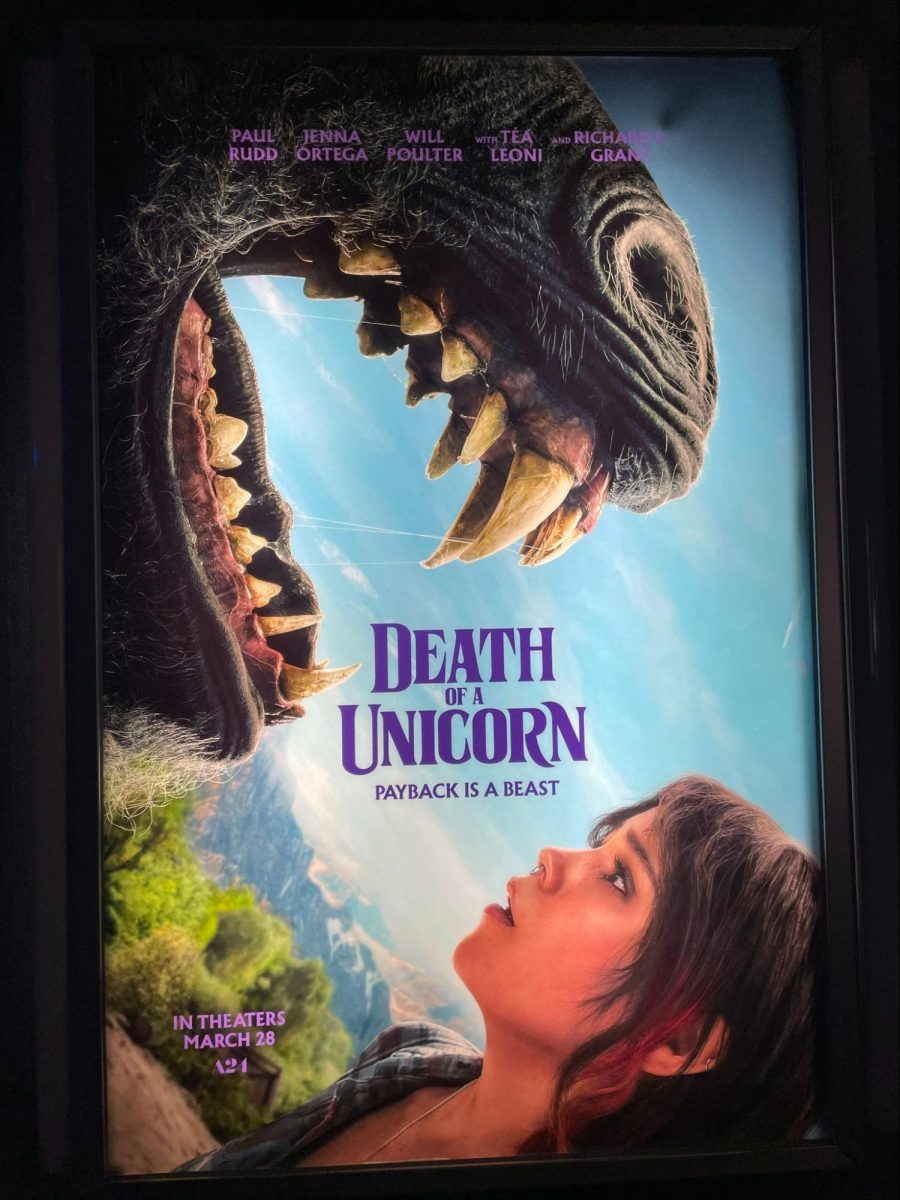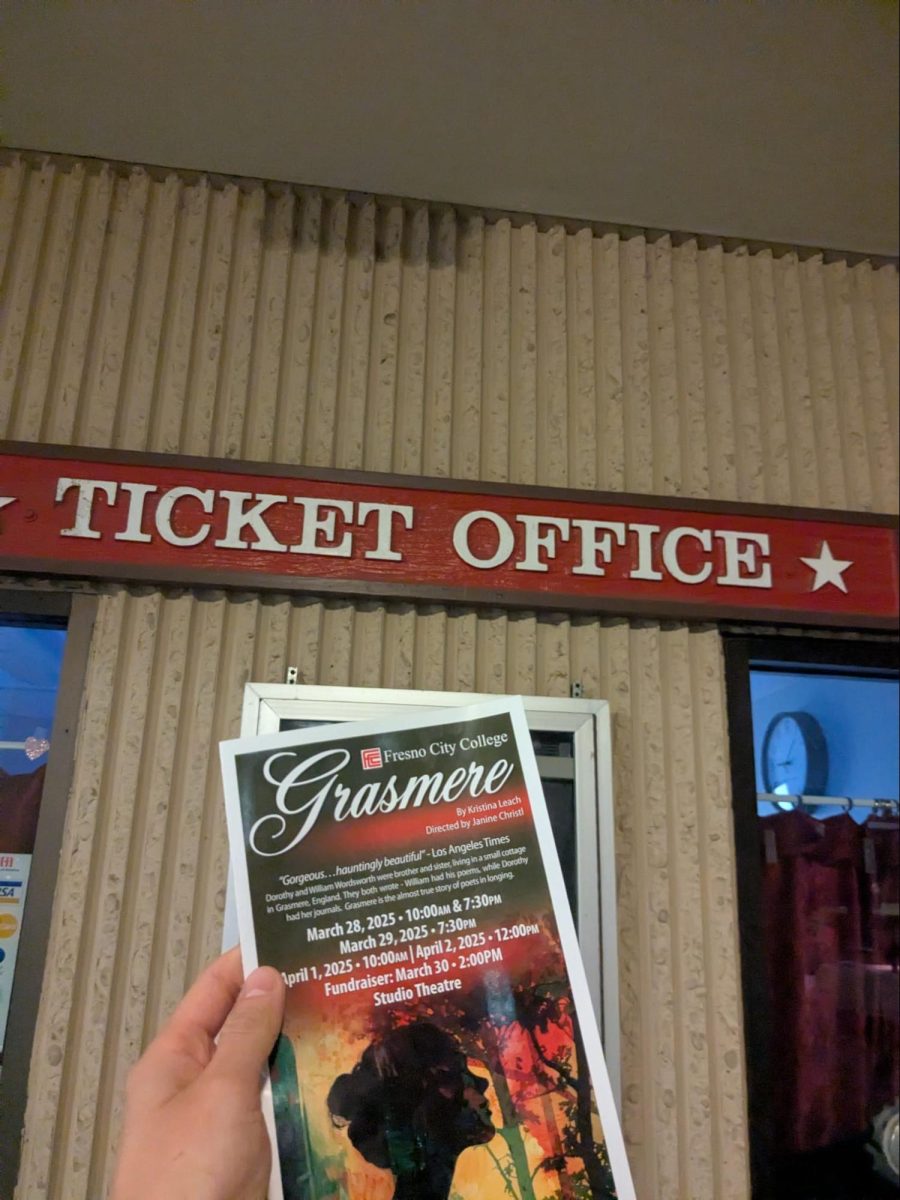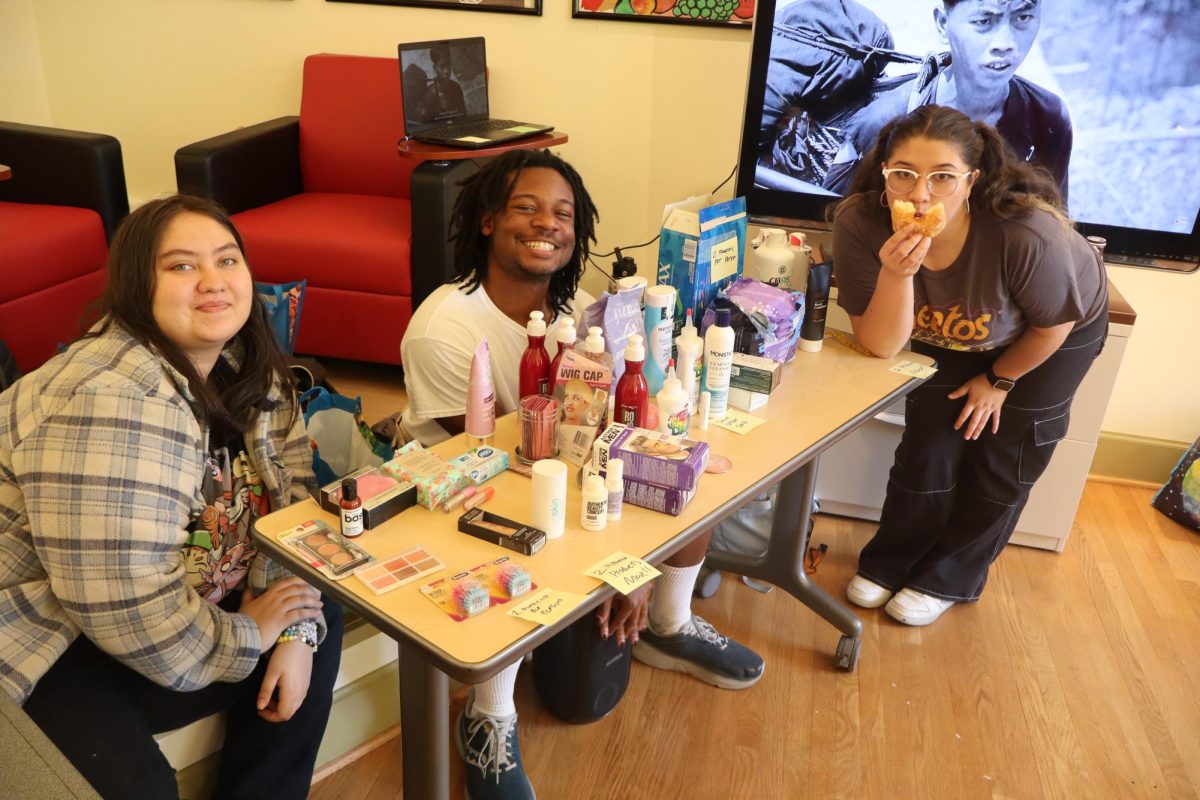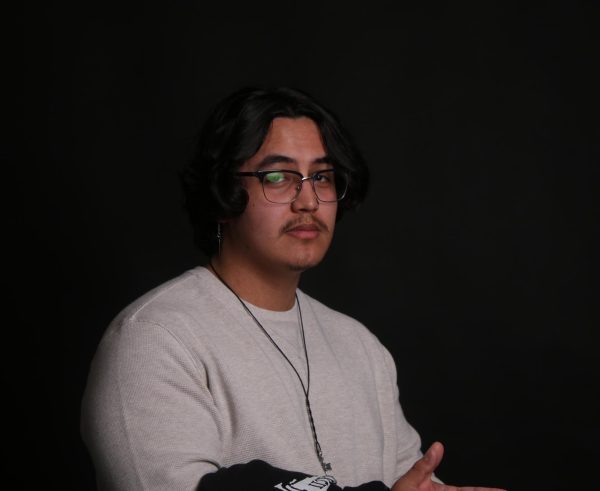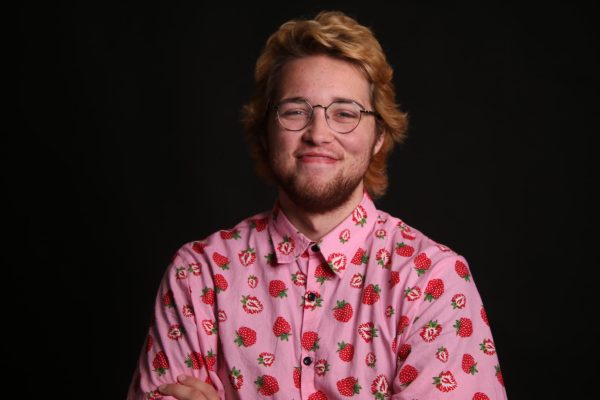A panel on homelessness was held at Fresno City College in OAB-271, as part of National Hunger and Homelessness Awareness.
The panel was sponsored by the Basic Needs Center and the Social Justice Center. The director of the Basic Needs Center, Kizzy Lopez, opened the panel.
The panel’s key speakers consisted of four people, three of whom had been previously unhoused. Former FCC student Kiel Lopez-Schmidt was the fourth speaker. Lopez-Schmidt is the founder of the nonprofit organization, the South Tower District Community Land Trust, whose goal is to build community control of buildings, land and civic resources in the South Tower District.
During the panel the speakers talked about the struggles they faced while being unhoused; what it does to a person’s physical health and mental health.
One speaker, Dez Martinez, described her experience being unhoused and the dangers that come with it.
“People have sleep deprivation, starvation, it causes severe mental health issues, and this is why we walk around mad every single day. Because I didn’t sleep last night. I had to keep my eyes open so I didn’t get raped,” Martinez said.
Martinez spent over a year on the streets of Fresno, but now she advocates for the homeless community.
She serves as the CEO of the organization We Are Not Invisible and founded the Fresno Homeless Union.
The speakers gave their perspective of what it’s like to be a homeless person. They described the ways they’ve been discriminated against, how they feel like they have no voice and how society just wants to push them away at every turn.
Martinez described how she’d go days without sleep and walk around at night searching for a place to rest, but nearly wherever she went, the police were called on her and would remove her by force.
“I didn’t have no sleep yet. So I’m cussing him out and he’s waling his baton and I’m fighting back, now I’m in jail, so I’m just another picture, another homeless person on the news as ‘look at that homeless person that hit a cop.’ Now we’re all bad again,” Martinez said.
Speaker and FCC student Faith Franklin had experienced housing insecurity that had affected her mental health in a negative way.
“I was failing and dropping classes and I didn’t really have the focus to sit down in class knowing I had nowhere to go after,” Franklin said.
Franklin was adopted at birth and is a first generation college student in her family.
Majoring in social work, Franklin has become a behavior therapist, with plans on giving back to her community through her career.
According to Lopez, FCC does not currently offer much for students experiencing unhousing, although she did state that a revamped version of the Housing Opportunities Promote Education program was being worked on. This program will be called Ram Housing, and will aid students living unhoused.
A time frame for when Ram Housing will be available to students was not given. This leaves some students at FCC in limbo.
One of these FCC students still waiting was one of the speakers, Michael Pacitto. Pacitto had heard about what used to be the HOPE program but was unable to benefit from it before it was closed down.
“I’ve been here six months already. They don’t care. They don’t ask me nothing. Everything I’m doing good? I’m doing by myself,” Pacitto said.
Pacitto was once in prison but since then has focused on school, and expressed his interest in transferring to a university.
He stressed how people “don’t care,” about the unhoused. He said he was frustrated towards politicians and the lack of communication about resources that could have helped him. Pacitto talked about how his time being in prison and being homeless had affected his ability to socialize.
“Coming to college here and normally living, like a productive person? I had anxiety. I really didn’t want to come here,” Pacitto said.
The panel gave a rare insight to the social and psychological issues that the unhoused face on the streets of Fresno.
“We need to start thinking about the issues that people have out here and that’s what I’m really trying to push, the mental health issues that everybody’s ignoring, they think we’re all just bad people. We’re broken and we’re begging for help,” Martinez said.

